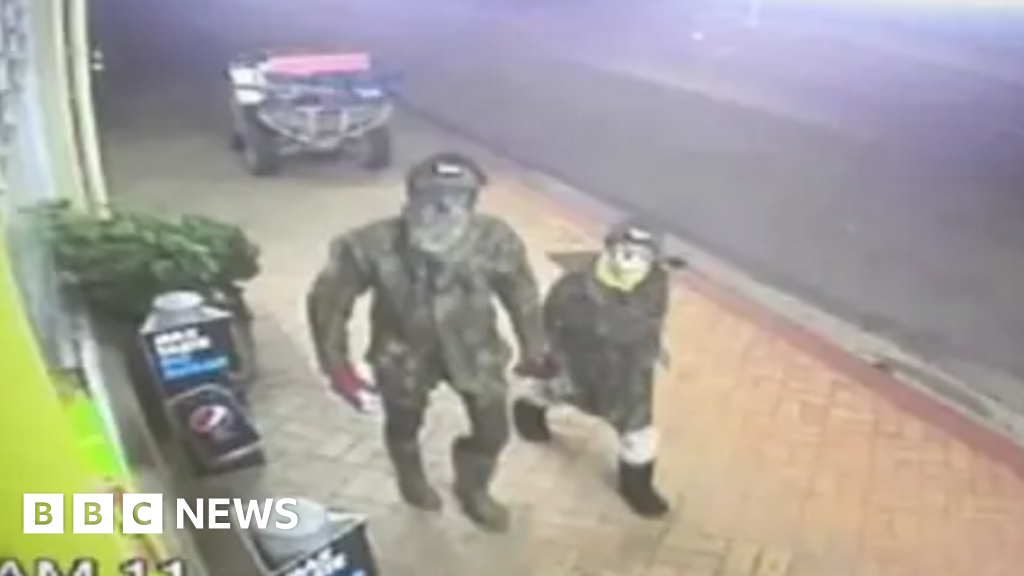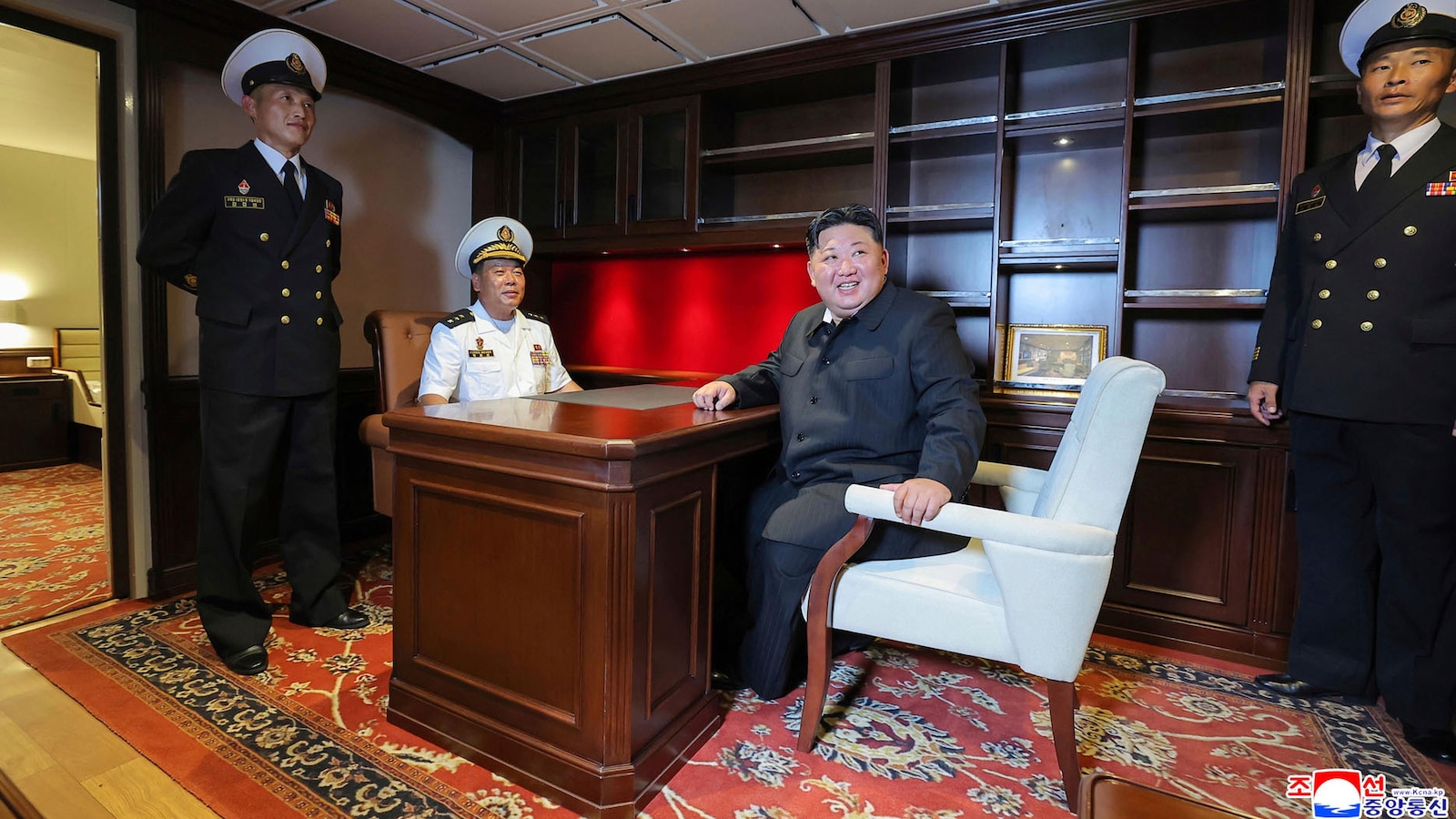ARTICLE AD BOX
NAIROBI, Kenya -- Parliament and the president's office in Kenya's capital, Nairobi, were barricaded Wednesday ahead of protests planned for the one-year anniversary of anti-tax demonstrations in which 60 people were killed and 20 others remain missing.
There was a heavy police presence and the roads leading to Parliament were barricaded with razor wire, as was President William Ruto’s statehouse office.
During last year's protests, demonstrators stormed Parliament, burning part of the building as lawmakers fled. Bodies lay in the streets, and medical workers and watchdogs said police had opened fire. The military was deployed.
Kenyan youth remain unhappy with the current administration due to corruption, rising cost of living and police brutality, and the recent death of a blogger in custody. The close-range shooting of a civilian during recent protests has exacerbated public anger.
Young Kenyans used social media to plan protests in remembrance of those who died last year. The government spokesperson, Isaac Mwaura, on Monday said there would be no protests, and that Wednesday was a “normal working day.”
But businesses in Nairobi on Wednesday remained closed and police limited the movement of vehicles into the central business district. Hundreds of Kenyans were already on the streets early in the morning, chanting anti-government slogans as police hurled tear gas cannisters at some of the crowds.
Wangechi Kahuria, the executive director for the Independent Medico-Legal Unit, an NGO that tracked the killings during protests, said that Kenyans should be “allowed to mourn and go back home.”
Police Inspector General Douglas Kanja on Tuesday said no unauthorized persons would be allowed inside protected zones such as Parliament and the statehouse.
Local media on Wednesday published the names and photos of some of those who died during last year’s protests. The headline in a major newspaper, The Standard, read “A luta Continua," which means “The struggle continues” in Portuguese and was the slogan of rebels during Mozambique's struggle for independence from colonial rule.
Political analyst Herman Manyora called the protesters “heroes” who paid the ultimate price and should be remembered.
“The authorities should work with the demonstrators to ensure a good commemoration,” he said.
Manyora, however, warned that the protesters remain unhappy with the authorities because the “government has been intransigent and has hardened the resolve of the young people to keep fighting.”
During last year’s protests, President Ruto dissolved the Cabinet that had been accused of incompetence and corruption but maintained most of his previous ministers in his new Cabinet despite concerns.
A finance bill proposing high taxes that had been passed by Parliament was withdrawn, but later in the year, more taxes were introduced through legislative amendments.
President Ruto appointed opposition party members to the Cabinet last year and in March he signed a political pact with his election rival, opposition leader Raila Odinga.

 1 month ago
96
1 month ago
96








 English (US) ·
English (US) ·